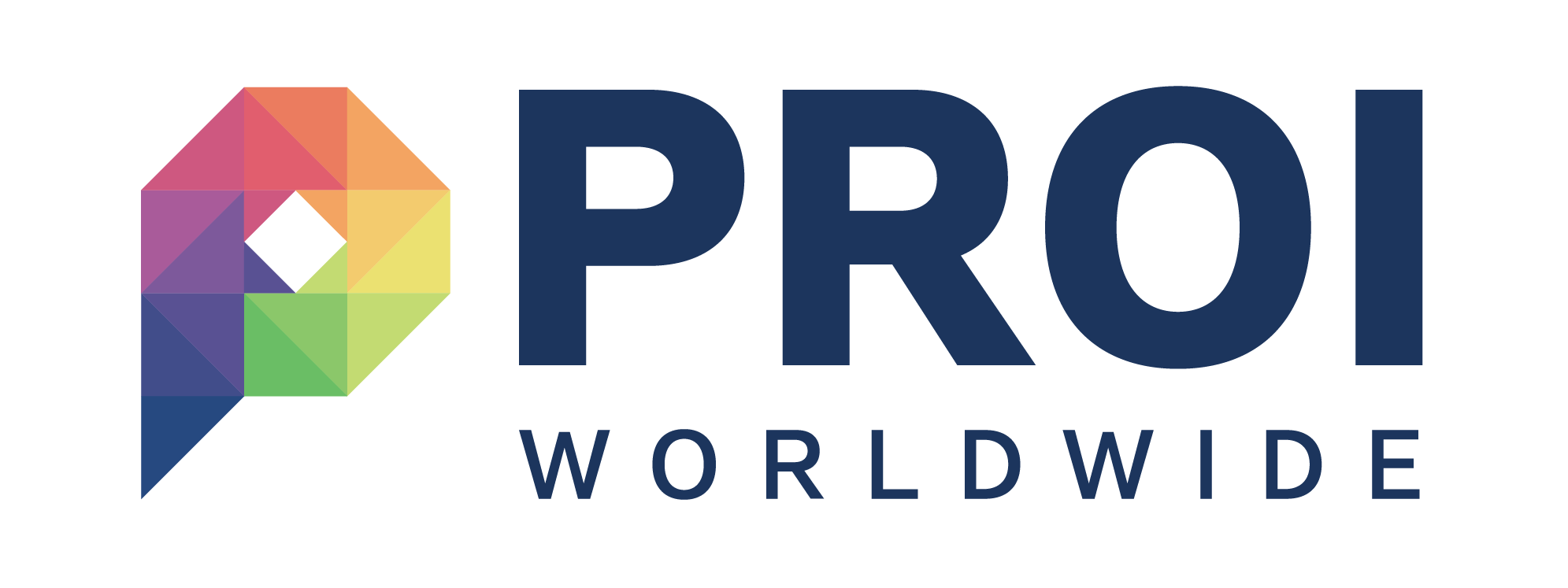Article: Public Relations Preparedness: Is Your Business Ready for the Impact from Coronavirus and Shootings?
Author: Karin LohitnavyDate: Karin Lohitnavy
The outbreak of the novel coronavirus, the recent tragedy at Terminal 21 in Korat province, and two more other shootings within the past week have thrown businesses and lives into disarray. The full impact of these events is yet to become more apparent, but it is already clear that the range of businesses affected is vast. However, a few industries standout — most notable the ones that can be broadly categorised as “public spaces”.
For example, the effects of coronavirus, especially on businesses catering to the ever-growing Chinese market, will be immediate. Reduced travel from China could result in 50bn baht ($1.52bn) of lost tourism revenue according to the Thai Tourism Ministry estimates as reported by Reuters. But it is not only visitors from China who are now notably absent in big shopping malls, hotels and restaurants that show the evidence of the growing economic impact of the coronavirus. Although it is difficult to quantify precisely, visitors from other countries besides China are revising their plans. Tourists are canceling trips to Thailand simply because it is part of Asia — with the uncertainty remaining high, people prefer staying away.
With Thailand already being the third-highest country with confirmed coronavirus infection cases after China and Singapore, foreigners are putting their plans on hold. Thais and expats from surrounding countries are becoming more cautious too — the virus has had a chilling effect on their love affair with big shopping malls. The contamination fears as well as the perceived threat of another shooting is creating a rather negative emotional background with more and more people inclined to avoid public spaces. The overall result — fewer patrons to be seen in stores, restaurants, and hotels.
This uncertainty is bearing a large economic cost that is already apparent for many companies. However, a real long-term impact may be even more felt if consumers lose trust in businesses. In these circumstances reputation and corporate image should be the focus of management efforts and how they respond to the challenges. Will they be able to adapt to the new realities, regardless of whether this is a temporary blip or something more prolonged?
As a communications agency, we always look first at how a given situation can affect a company’s reputation and the trust they have cultivated among their consumers; our focus is to maintain and reinforce stakeholders’ confidence. From a communications perspective, we can see that the situation is evolving and brands are looking for the best communications advice and guidance to assure their stakeholders are safe and the right measures are in place to guarantee business continuity.
What can instill confidence that your business does all it can to protect consumers, and has consumers’ interest as the number one priority? Here are some key tips for businesses that depend on foot traffic.
First, show a strong company culture. Be vocal about the fact that you have precautionary measures in place to ensure the safety of your employees, clients and partners. Your communications strategies should revolve around your brand’s stakeholders, identity and values. Be consistent and regular with your message, if you have teams across the world then communicate with them regularly — ensure everyone has the information they need to feel secure.
Second, remember as an enterprise you have a critical role and responsibility to play in times of crisis. Always keep in mind, you reap what you sow. This is your time to show that you care about your stakeholders. To assure the stability of business is maintained and employees are protected, allow work from home when necessary for staff members, if your client cannot make it then have a skype meeting, provide hand sanitizers and face masks for everyone etc.
Third, help does not necessarily mean sending funds. Brands can also collaborate with government organizations and WHO to disseminate the correct information and help them reach a wider audience. Use this situation to build strong relationships with non-profit and government organizations. For example, you can take the initiative of educating people by posting/sharing information from government or health organisations.
Fourth, see this emergency as an opportunity to conduct CSR activities. By quickly rising to this occasion, your brand will gain exposure and praise from consumers and non-governmental organizations. It will have a positive impact on your reputation if you also involve your employees. For example, you can conduct a DIY workshop for make hand-sanitizers for underprivileged children and communities. Additionally, you can also partner with organizations to commit funds to China’s fight against the virus. Do so by announcing with information about the donation, the beneficiary organisations, etc.
And last, but not least, always be prepared for the worst. In the current situation when anything can happen, no business can afford to be unprepared for a crisis. If your front-end employee is diagnosed with coronavirus, do you know what to do? If a gunshot is fired on your premises, do you know how to respond to media calls afterwards? Do you have a crisis plan, a continuity plan and a communication plan for situations like this? If the answer is no, it is definitely time you thought about developing it.
Click here to view the online publication
